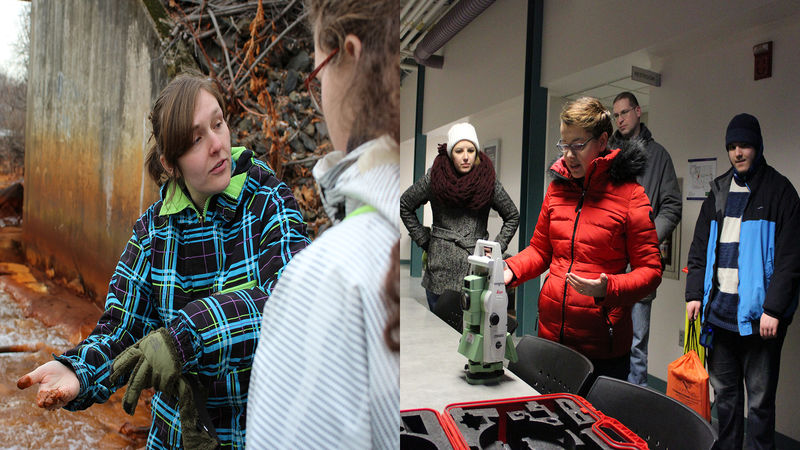The power to achieve great things
Earth Conservancy, teaming with community partner Penn State Wilkes-Barre, is utilizing a newly trained workforce to help revitalize land in our region, realizing the worth in effort needed to change for the better
By: Rachel Olszewski


